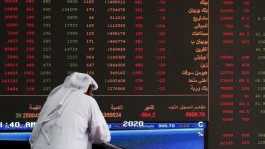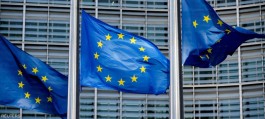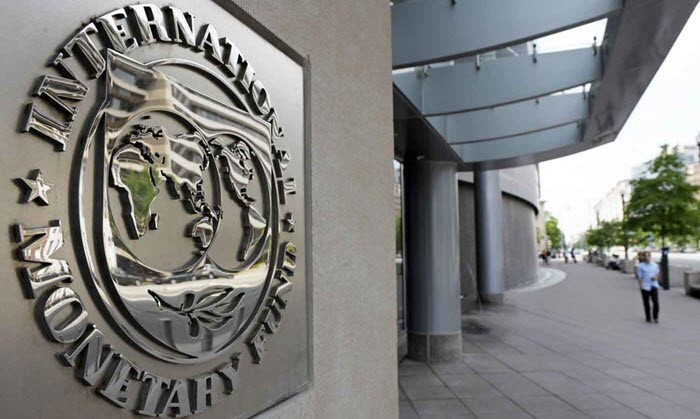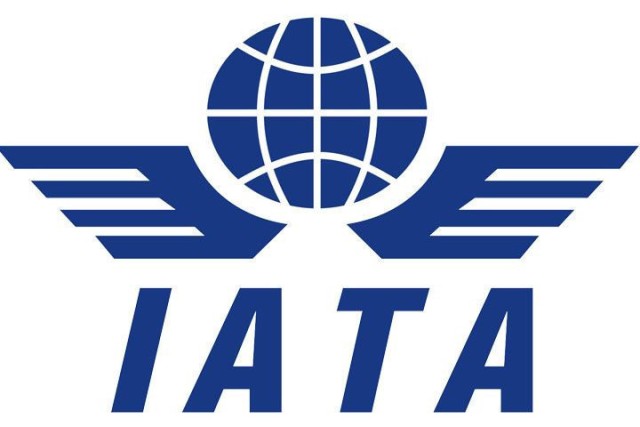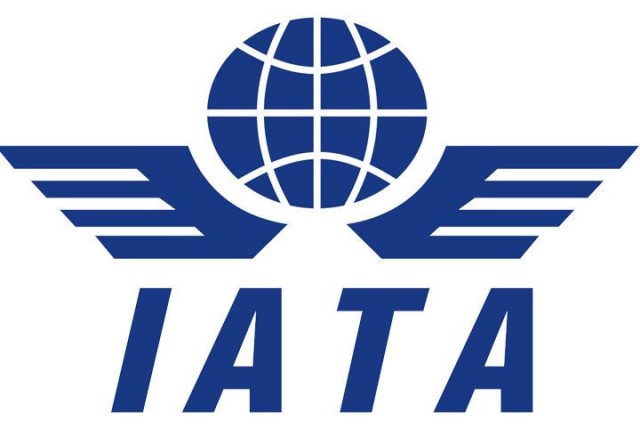According to the International Monetary Fund, oil exporters in the MENA region are expected to see a decline in oil export revenues this year of $ 226 billion. >
This will likely put pressure on their budgets, which increases the budget deficit and potentially limits the ability of governments to support economic growth.
For Gulf oil exporters, this is a dilemma, as government spending is a major driver of the economic transformation plans launched over the past few years to diversify their economies away from oil. >
Jihad Azour, Director of the Middle East and Central Asia Department of the International Monetary Fund, said that oil exporters need to find new areas for growth in light of the current slowdown caused by the sharp decline in Oil prices and the outbreak of the new Corona virus.
According to Reuters, Azour informed an online conference that sovereign wealth funds could play a role, and regional institutions could play a role.
Oil prices have tumbled this year, as demand has been hit hard by public isolation measures around the world aimed at containing the pandemic.
The International Finance Institute estimates that the sovereign wealth funds of oil-rich governments like Abu Dhabi, Kuwait, Saudi Arabia and Qatar are among the largest in the world, but they may see a decrease in their assets by 296 One billion dollars by the end of the year.
Azour said that oil exporters in the Middle East and North Africa are likely to witness a contraction of 4.2% in real GDP this year, down from previous expectations for growth of 2.1%.
He called for accelerating reforms aimed at diversifying the economies of the region.
The International Monetary Fund said that 12 countries in the region - Bahrain, Iran, Morocco, Saudi Arabia, the Emirates, Tunisia, Kuwait, Libya, Mauritania, Sudan and Iraq - provided financial support worth $ 64 billion combined in response Pandemic, which is equivalent to an average 2.7% of GDP.
The central banks in Bahrain, Qatar, the Emirates, Morocco, Jordan, Saudi Arabia, and Tunisia also provided ...









